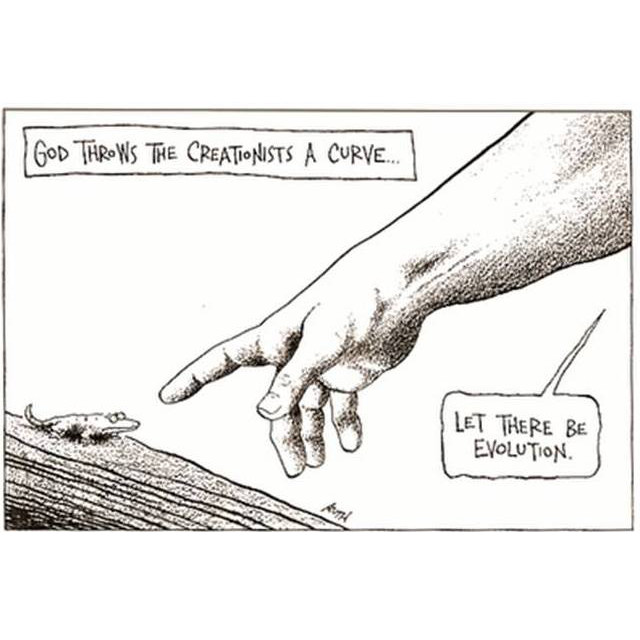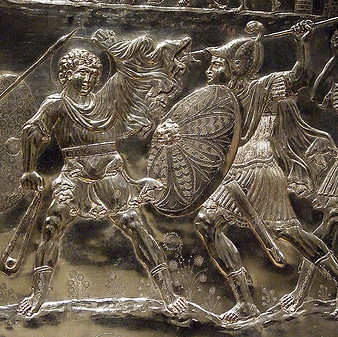Does the Bible support slavery? Some would claim that it does, and that this contradicts the view of an all loving God presented by Christians.
Before we dive in to the issue, let us ask a more basic question, “how does God change the world?” This question is important, because the question at hand involves how God deals with immorality and injustice in the world. The accounts in the scripture shows two things about how works his will in the world:
- He uses means. That is, he uses people to accomplish his will in most cases.
- He uses time. God is very slow to judge people, he is patiently waiting, slowly changing things for the better.
If these two assertions are true, lets look at the biblical data in the context of history.
Initially, slavery of various forms was widespread in the ancient near east. This is the culture into which Judaism was born. Next, the nation of Israel, God’s chosen people, are enslaved in Egypt. After leaving Egypt, God gives the people the levitical law. In this law he greatly restricts the practice of slavery:
- The Israelites may own slaves only from other nations
- Slaves can only work for so many hours per day
- Slaves must be given wages
- Slaves must be permitted to buy their freedom
After this restriction of the practices of slavery, the status was maintained until Christ came. Now, The gentiles were grafted on to the nation of Israel, making slavery hard to defend. Although Christianity struggled with different issues of slavery for many more years, it has been voices within the church that have struggled to end slavery. Up to this day, the Christian church is the loudest voice voice speaking out against slavery and human trafficking.
It seems to me that God has played out a complex and long-sighted strategy using his church to end these types injustices. Does the Bible support slavery? No, The Bible and the church have been a leading force in ending slavery







